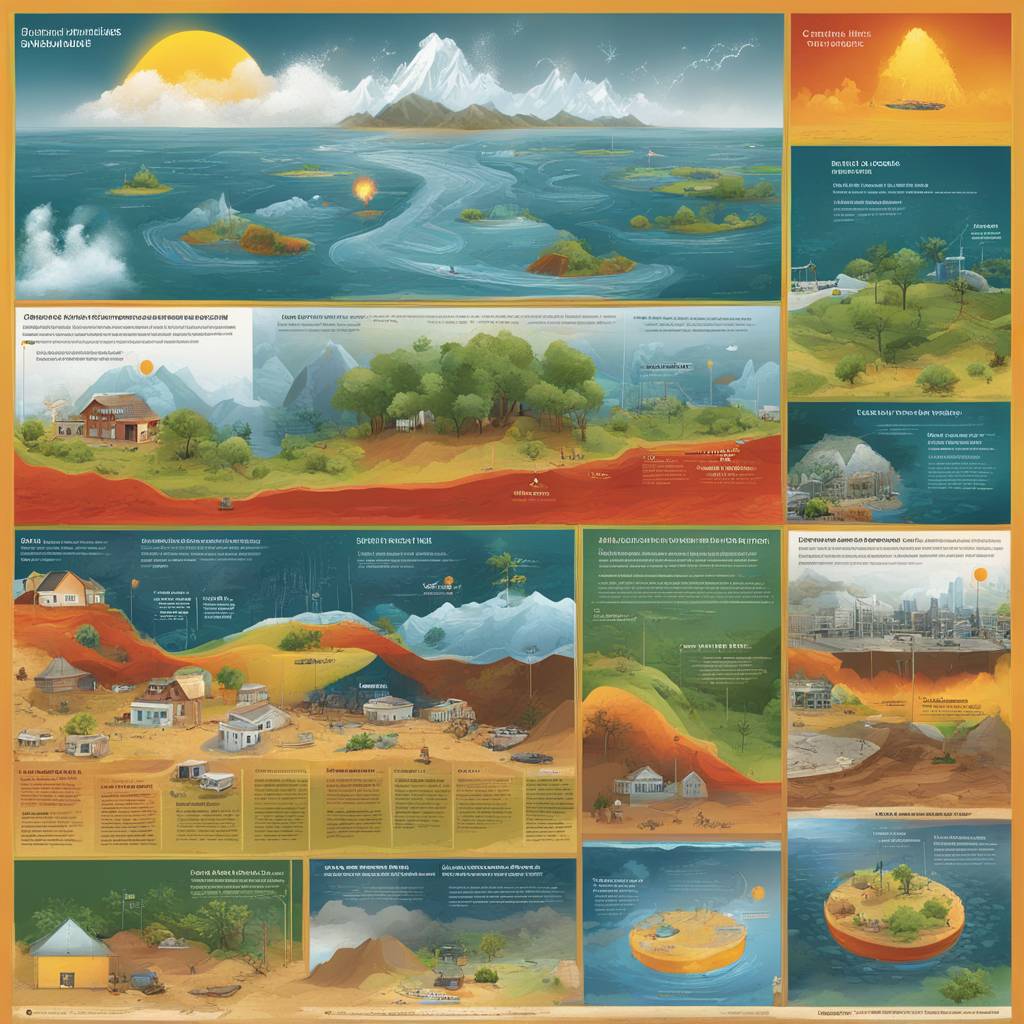2023 has been a record-breaking year in terms of temperature rise, ocean warming, wildfires, and various extreme weather events across the globe. Climate attribution reports have shown that climate change has played a significant role in intensifying these events. However, the current climate modeling used for planning and financing adaptation efforts has failed to keep up with the rapidly changing climate scenario. This disconnect between models and the probable future poses a significant issue.
Europe, in particular, has heated up faster than any other continent since the industrial revolution, as per the first European climate risk assessment by the European Environment Agency released in March. The report highlights that Europe is ill-prepared for the climate risks ahead, including crop loss, heat stress, coastal and marine ecosystem damage, and biodiversity loss due to wildfires and flooding. The report’s findings are based on existing, limited modeling, which may underestimate the severity of the challenges that lie ahead.
A less known but critical report called the Scorpion report was released around the same time as the EEA study. The Scorpion report, prepared by the Institute and Faculty of Actuaries, focuses on ‘tail risks’ – high impact, low probability events like natural disasters and extreme flooding that are not adequately factored into current risk modeling. It argues that the probability distribution of climate-related events has shifted, turning what was historically considered a tail risk into a mainstream scenario. Properly incorporating these risks into modeling is crucial to prevent the world from facing ‘planetary insolvency’.
The EEA report and the Scorpion report both emphasize the need to address ‘cascading’ and ‘systemic’ effects of climate change, where changes in natural or economic systems have ripple effects elsewhere. Climate change is a threat multiplier that can have devastating impacts on various sectors. The Scorpion report warns that there is a 5% chance of annual insured losses exceeding $200 billion in the next decade, with total losses potentially reaching the $1 trillion mark. This figure is significantly higher than the losses experienced in the 2021 German and Belgian floods.
It is crucial to take a realistic assessment of climate change, identify tipping points leading to worst-case scenarios, and establish a planetary solvency framework to ensure that the necessary funds for mitigating and adapting to climate change impacts will always be available. While adopting new modeling approaches may pose challenges, it is essential for policymakers and scientists to collaborate and bring about this change. The future of humanity is at stake, and it is imperative to set aside political differences and work towards securing a sustainable future for all.













